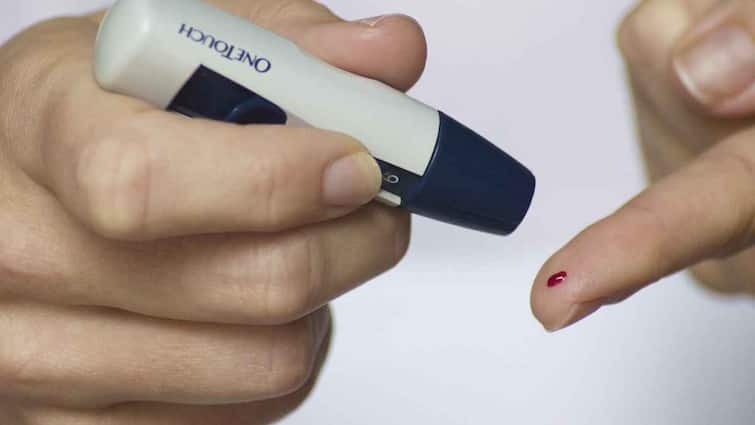
Sugar: Sugar has become a common problem nowadays. While earlier this disease was mostly seen in the elderly, nowadays young people and children are also falling prey to it. In diabetes, the pancreas does not produce enough insulin, due to which the blood sugar level starts increasing rapidly. According to health experts, diabetes is called a 'silent killer' because its symptoms are not visible in the beginning. If it is not treated in time, it can gradually damage all the major organs of the body. Many symptoms and signs appear in the body when diabetes occurs. Some of these symptoms usually appear at night. If these symptoms are recognized in time, then you can avoid this serious disease. Today in this article we are going to tell you about the symptoms of diabetes seen at night.
Frequent urination at night
If you have to get up frequently at night to urinate, this could be a sign of diabetes. Actually, in case of diabetes, the amount of glucose in the blood becomes very high, due to which the body tries to expel it through urine. This makes the person feel the urge to urinate frequently.
excessive thirst
Frequent urination at night is also a symptom of diabetes. Actually, when the sugar level in the body increases, the kidney produces more urine to expel it. This can cause water deficiency in the body and you may feel thirsty again and again. If you are also feeling such symptoms in your body, then definitely get tested once.
excessive sweating
Excessive sweating at night can also be a sign of diabetes. Actually, when the blood sugar level becomes too high or too low, the body becomes hot. This causes the person to sweat a lot.
Tingling and pain in the legs
If you experience tingling, numbness or pain in your feet at night, it could be a sign of diabetes. High blood sugar can cause nerve damage, called diabetic neuropathy. Contact your doctor immediately if you experience such symptoms.
not sleeping well at night
Diabetic patients may have problems sleeping at night. Actually, due to diabetes, the blood sugar level keeps fluctuating, which often leads to disturbed sleep at night or no sleep at all. Due to lack of sleep at night, you may feel tired and weak the next day.
 look news india
look news india